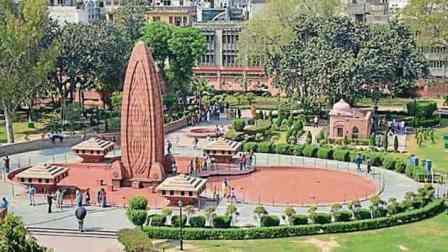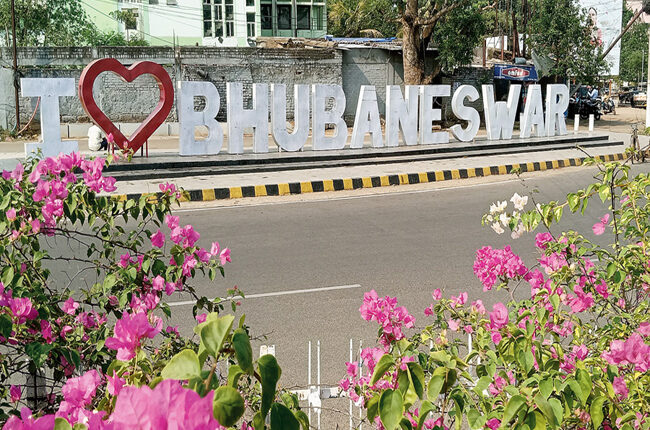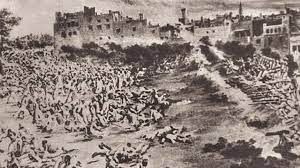
Jallianwala Bagh Massacre:
It took place on 13 April 1919 at Amritsar. It is also known as the Amritsar massacre. On this day, British troops under the Command of Gen Dyer fired on a large crowd of unarmed Indians in Amritsar in Punjab of India. Several hundred peoples were killed and many hundreds were wounded.

International Plant Appreciation Day-
This Day takes place on April 13, 2021. Much of human nutrition depends on land plants, either directly or indirectly. Human nutrition depends to a large extent on cereals, especially maize (or corn), wheat and rice. Other staple crops include potato, cassava, and legumes. Human food also includes vegetables, spices, and certain fruits, nuts, herbs, and edible flowers. Beverages produced from plants include coffee, tea, wine, beer and alcohol.

National Scrabble Day -
April 13 is the day Scrabble inventor Alfred Mosher Butts was born. He gave the world an iconic board game now played all over the world.

Bhubaneswar Foundation Day
The capital of Odisha has entered its seventy fourth year. Bhubaneswar was formed as the capital of Odisha in the year 1948. In other words, exactly one year after independence, the capital was renamed Bhubaneswar. previously Cuttack used to be the capital of Odisha.
On April 13, 1948 Prime Minister Jawaharlal Nehru inaugurated the new capital in Bhubaneswar. Bhubaneswar is known as temple city or Mandira Malini. There are about 600 small temples in the city . All the temples have some legends. Lingaraj Temple is the largest temple in Bhubaneswar. Bhubaneswar is not known as the temple city , but known as the city of Green City, Kalinga Nagari, Nagar Kalinga, Ekamra Kanan, Ekamra Kshetra, Toshali.

The Jallianwala Bagh massacre
The Jallianwala Bagh massacre, the Amritsar massacre of April 13, 1919 accounts for the execution of hundreds of innocent people, including children, by the Gurkha British Indian army। The order was given by the then Anglo-Indian Brigadier R.E.H. Dyer. A large peaceful crowd had gathered at the Jallianwala Bagh to protest the arrest of India’s independence leaders Dr. Saifuddin Kitchlew and Dr. Satya Pal. One section of the ground was occupied by peaceful protestors. Many other locals were scattered on the garden premises, with families, after finishing the Baisakhi rituals.
The Baisakhi of April 1919 was carved in the history as one of the bloodiest chapters of India’s freedom struggle. The beautiful garden turned into a grave yard as the British army sprayed bullets indiscriminately at men, women and children present on the ground. Over 100 years have passed. The bloodstains on the walls have faded and the wailings have fallen mute. But, the Jallianwala Bagh massacre is neither forgotten nor forgiven
© 2024 Amarisatya Magazine All Rights Reserved
Design & Developed By Zemusitech Solutions Pvt. Ltd.
